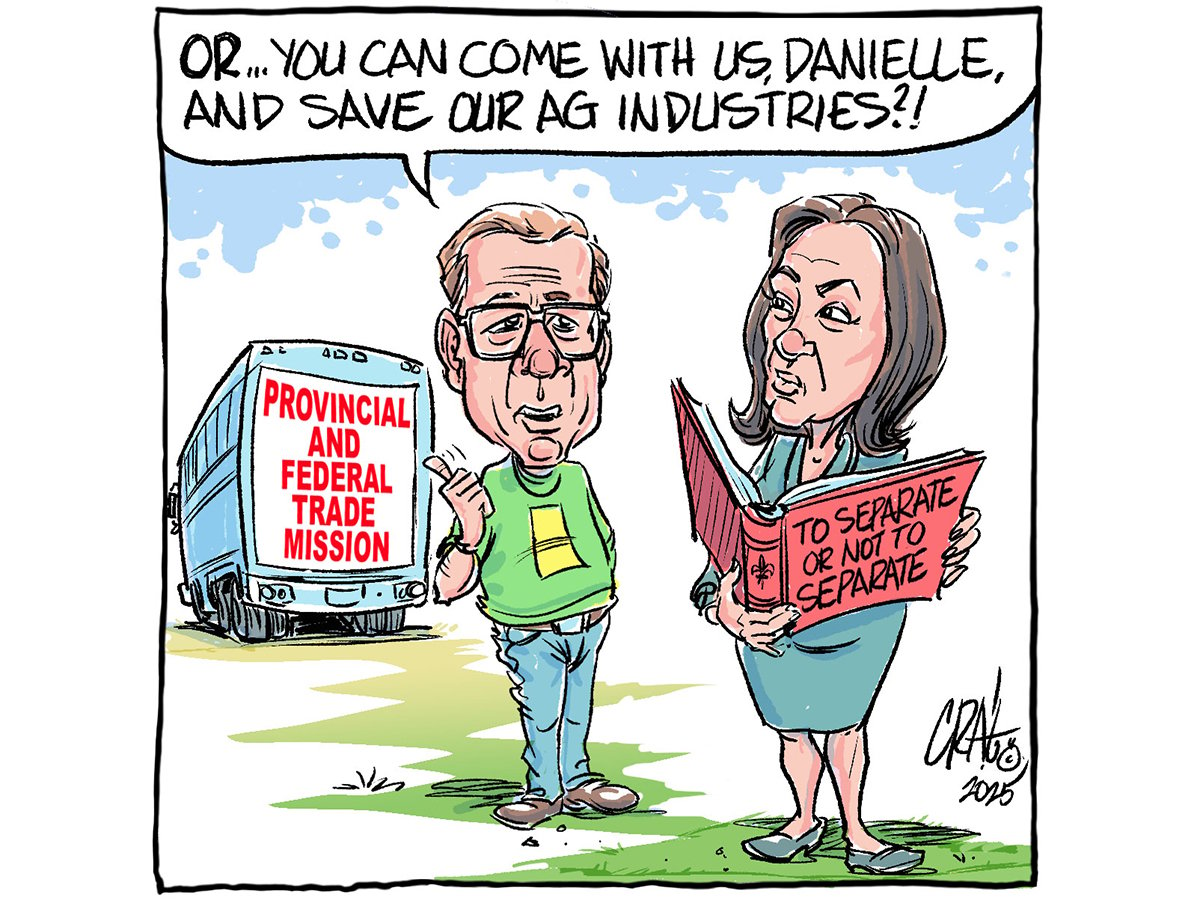“The 70s were pretty quiet compared to this,” an American crop futures trader just told me.
“These are the most volatile times I have ever seen.”
That’s actually saying a lot, because the 1970s were a time of intense volatility, fondly remembered by farmers for their numerous crop price spikes.
But what farmers often don’t remember is how those spikes seldom lasted long, and came tumbling down quickly. Rick Alexander remembers that time well, because he was a young trader in 1973 and saw both the upside and the downside of the wild markets of the time.
Read Also

A federal government provinces can work with
Thawing relations between the Saskatchewan and federal governments is occurring at a pivotal time for farmers.
“First I thought I was a genius,” he told me about certain price controls Richard Nixon imposed that caused some underlying commodity prices to surge. “No matter what I did, I made money.”
But then the policy changed, and “no matter what I did, I lost money.”
These were good lessons for him.
“I’m 66 years old. I’ve lost money every way possible. I am no different from everybody else. But I’ve been doing this 35 years and you learn how to not get too opinionated and to let the market pretty much tell you what it should do, and not look for it to do what you want it to do.”
Alexander told me he never gets into a trading position without having a strategy, goals and an exit planned out. He may have lost money lots of times over the years, but he’s made money lots more times, and that’s the key to the game: your gains have to beat your losses, and you can never “blow up.”
As a farmer marketing your crop, do you have a strategy? Do you have realistic goals? And do you have an exit strategy for selling your crop? It’s something worth thinking about. Guys like Alexander can survive in the treacherous world of grain futures for decades because they think all the time about the risks they’re taking. Are you doing the same thing?















